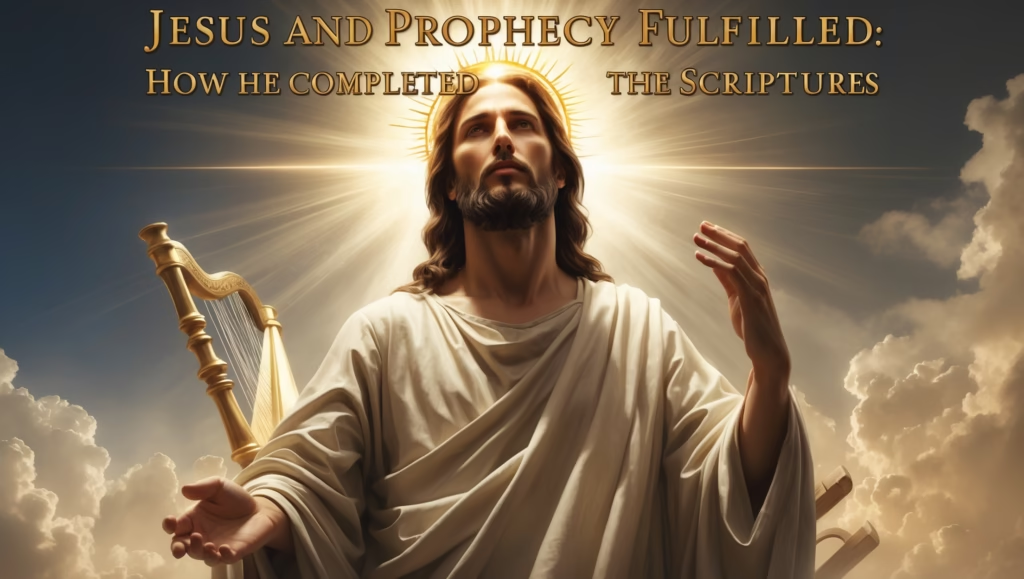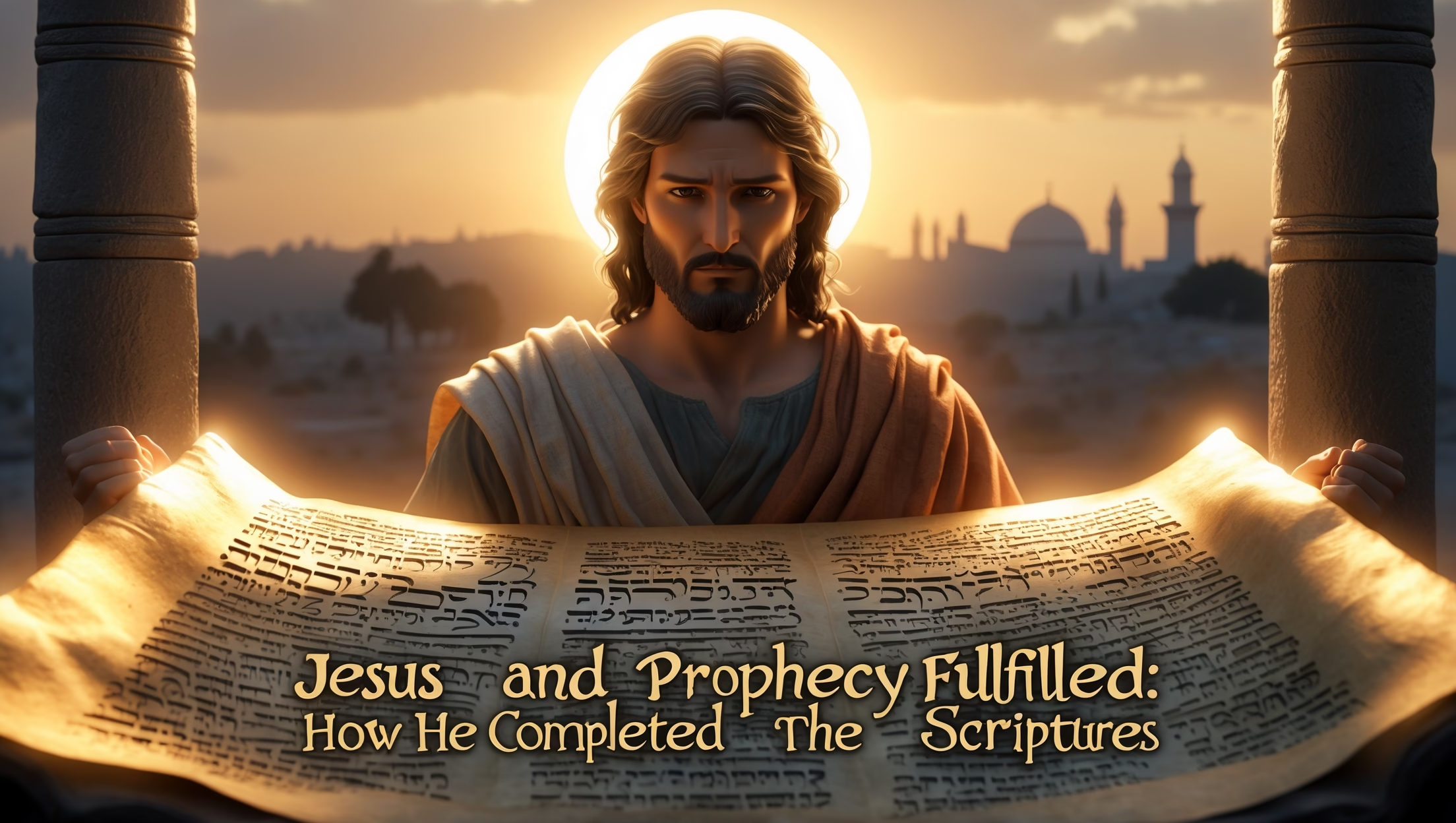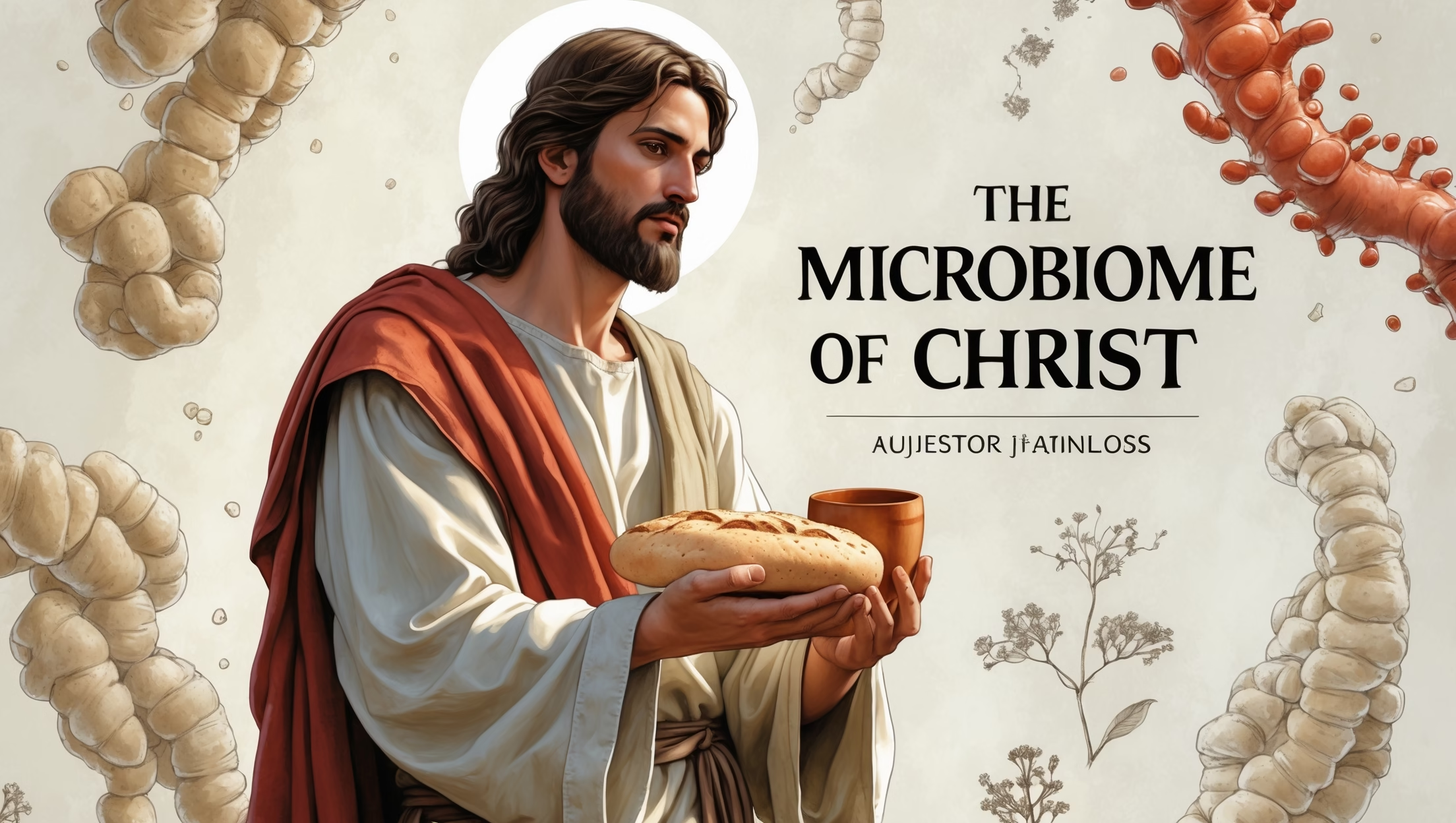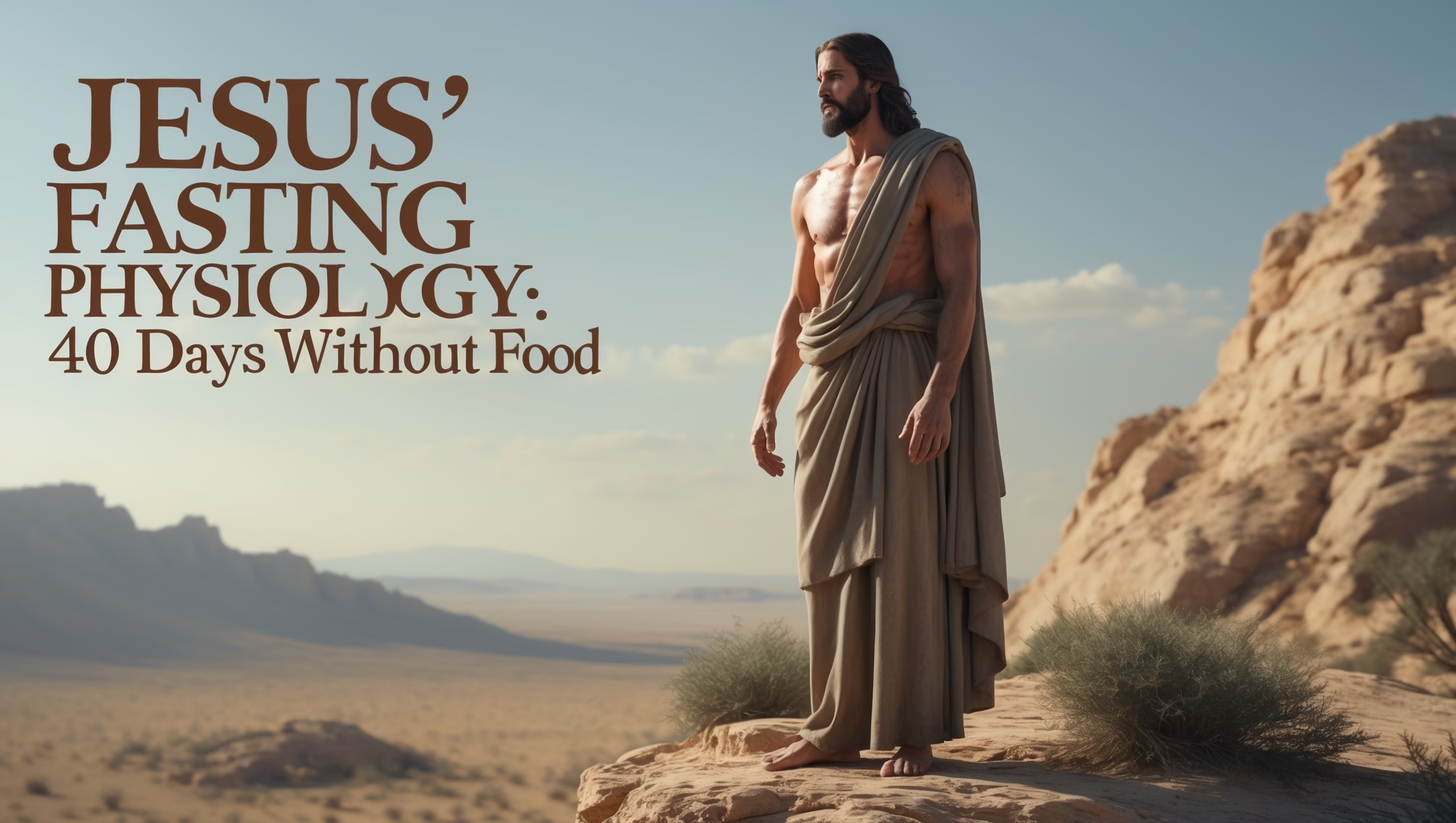Introduction
One of the most compelling aspects of Jesus’ identity is the way His life, ministry, death, and resurrection fulfilled ancient prophecies recorded in the Old Testament. For centuries, the Jewish people anticipated the coming of the Messiah—the chosen one who would redeem Israel and bring hope to the world. Prophets across different generations, from Isaiah to Micah to David, gave specific predictions about the Messiah’s birth, character, ministry, suffering, and ultimate triumph.
What makes Jesus unique among all historical and religious figures is that His life matched these prophecies in precise and astonishing detail. This was not by coincidence, nor by manipulation, but by divine design. In fact, scholars estimate that there are over 300 Messianic prophecies in the Old Testament, and Jesus fulfilled every one of them. Each prophecy served as a divine marker, pointing humanity toward the Savior. From His miraculous virgin birth to His sacrificial death on the cross, and ultimately His resurrection from the grave, Jesus stands as the fulfillment of God’s promises made centuries before His arrival.
This study of prophecy matters deeply. It not only strengthens the faith of believers by showing God’s faithfulness and sovereignty but also provides powerful evidence to skeptics that Jesus truly is the Messiah foretold in the Scriptures.

Prophecies of Birth and Lineage
The story of Jesus begins not in Bethlehem, but in the promises of God spoken hundreds of years before. The prophet Isaiah declared in Isaiah 7:14 that “the virgin will conceive and give birth to a son, and will call him Immanuel.” This prophecy was radical in its claim, as a virgin conceiving a child is biologically impossible under natural circumstances. Yet, in the Gospels, we see its fulfillment through Mary, who conceived by the Holy Spirit and gave birth to Jesus.
Equally striking is the prophecy concerning the place of Jesus’ birth. The prophet Micah wrote in Micah 5:2: “But you, Bethlehem Ephrathah, though you are small among the clans of Judah, out of you will come for me one who will be ruler over Israel.” Despite Bethlehem being a small, seemingly insignificant town, it became the birthplace of the King of kings. The Gospel of Matthew records how Joseph and Mary traveled to Bethlehem due to a census, resulting in Jesus’ birth in exact alignment with this prophecy.
Even the Messiah’s lineage was foretold. The Old Testament prophesied that He would come from the line of Abraham (Genesis 12:3), through Isaac (Genesis 17:19), Jacob (Numbers 24:17), and ultimately from the house of David (Jeremiah 23:5). Jesus’ genealogy, as recorded in both Matthew 1 and Luke 3, carefully traces this ancestry, confirming Him as the rightful heir to the throne of David.
Prophecies of Ministry
The Old Testament not only anticipated where and how the Messiah would be born but also described what His ministry would look like. In Isaiah 61:1–2, the prophet spoke of a servant of the Lord who would bring good news to the poor, bind up the brokenhearted, proclaim freedom for the captives, and release those in darkness.
Centuries later, Jesus stood in a synagogue in Nazareth, opened the scroll of Isaiah, and read this very passage (Luke 4:18–19). He then declared to those listening: “Today this Scripture is fulfilled in your hearing.” This was not merely symbolic. Jesus’ entire ministry demonstrated these words—He healed the sick, restored sight to the blind, forgave sins, comforted the oppressed, and proclaimed the coming of God’s kingdom.
Other prophets also hinted at His ministry. Isaiah 35:5–6 foretold that “the eyes of the blind shall be opened, and the ears of the deaf unstopped.” In the Gospels, we see this fulfilled as Jesus performed countless miracles, proving His divine authority. His teachings, parables, and works of compassion all bore witness to His identity as the Messiah.
Prophecies of Suffering and Death
Perhaps the most striking set of prophecies are those describing the Messiah’s suffering. Centuries before crucifixion was even invented, King David wrote in Psalm 22 of a righteous sufferer whose hands and feet would be pierced, whose garments would be divided, and who would be mocked by onlookers. This passage reads almost like a first-hand account of the crucifixion, yet it was written nearly 1,000 years before Jesus’ death.
Similarly, the prophet Isaiah described in Isaiah 53 the “Suffering Servant” who would be despised, rejected, pierced for our transgressions, crushed for our iniquities, and by whose wounds we would be healed. This chapter vividly portrays Jesus’ betrayal, trial, scourging, and crucifixion. It even emphasizes that His suffering was not meaningless but served as the atonement for humanity’s sins.
The Gospel narratives confirm every detail. Jesus was mocked, beaten, pierced, and crucified between criminals. Soldiers cast lots for His clothing, fulfilling Psalm 22:18. Most profoundly, His death fulfilled God’s plan for salvation, as He bore the punishment that humanity deserved.
Prophecies of Resurrection
While His suffering was foretold, so too was His victory. In Psalm 16:10, David declared: “You will not abandon me to the realm of the dead, nor will you let your faithful one see decay.” The apostle Peter later cited this verse in Acts 2, explaining that it pointed to the resurrection of Jesus.
The resurrection is the cornerstone of Christian faith. Without it, the message of the Gospel would collapse. Yet prophecy anticipated it, and history confirms it. Jesus rose on the third day, appearing to His disciples and many witnesses, proving He had conquered death. This fulfillment not only validated His messianic claims but also assured believers of eternal life.
The resurrection demonstrates that God’s promises never fail. Just as He raised Jesus, He will also raise those who put their trust in Him.
Why Prophecy Matters
Some may ask: Why does it matter that Jesus fulfilled prophecy? The answer lies in understanding the nature of God. Fulfilled prophecy is evidence of God’s sovereignty, faithfulness, and power. It shows that history is not random but guided by His hand.
For believers, this truth is a foundation of hope. If God kept His promises in the past by sending the Messiah, we can trust Him to keep His promises for the future. It also provides assurance that Jesus is not one of many religious leaders but the one and only Messiah foretold from the beginning of Scripture.
For skeptics, prophecy serves as a powerful argument. The statistical probability of one person fulfilling even a handful of Messianic prophecies is astronomically small. Jesus fulfilling hundreds of them cannot be explained by chance—it is evidence of divine orchestration.
Prophecy, therefore, bridges faith and reason. It strengthens the faith of believers and challenges the doubts of skeptics.
Conclusion
From His miraculous birth to His resurrection, the life of Jesus perfectly aligned with the prophecies spoken centuries before. His fulfillment of Scripture is not an incidental detail but the very fabric of His identity as the Messiah. Each prophecy is like a thread woven into a grand tapestry, and together they form a picture of God’s ultimate plan for humanity’s redemption.
Jesus is not just the subject of prophecy—He is the fulfillment of it. His life confirms God’s sovereignty, His death confirms God’s love, and His resurrection confirms God’s power. The story of prophecy fulfilled is the story of God’s unshakable commitment to His people and His plan of salvation.
To study these prophecies is to see that Jesus is indeed the Savior of the world, the one who ties Scripture together, and the Messiah promised from the beginning.










